VHDL GPT - VHDL Language Expertise
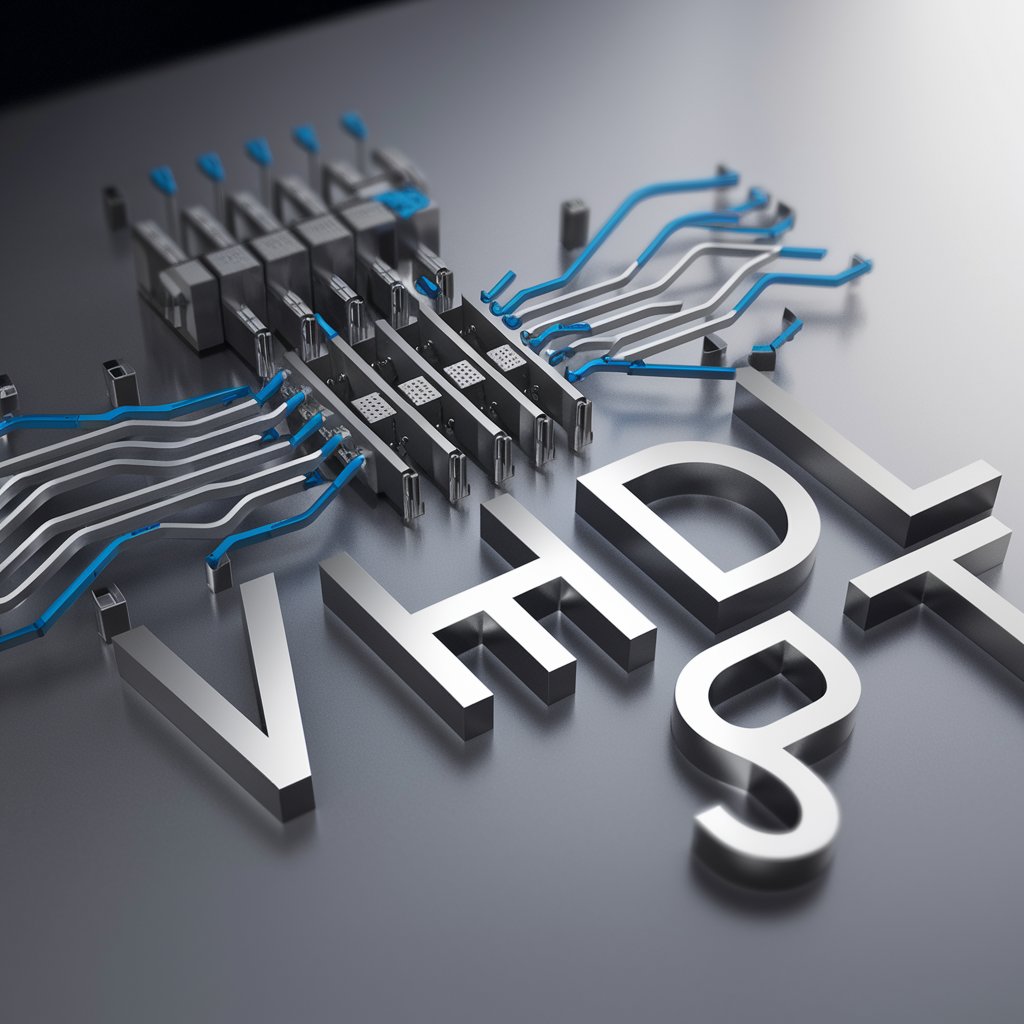
Hello! Need help with VHDL or electronic design automation?
Empowering VHDL Development with AI
How can I troubleshoot my VHDL code when I encounter simulation errors?
Can you explain the differences between signal and variable assignments in VHDL?
What are some best practices for optimizing VHDL code for FPGA implementation?
How do I model a finite state machine using VHDL?
Get Embed Code
Overview of VHDL GPT
VHDL GPT is a specialized version of the ChatGPT model, tailored specifically for handling tasks related to VHDL (VHSIC Hardware Description Language). It is designed to understand, analyze, and assist with VHDL-related queries, coding, and design challenges. VHDL GPT leverages the advanced natural language processing capabilities of the underlying GPT architecture to interpret complex VHDL code structures, offer debugging suggestions, and assist in the design of digital systems. For example, it can analyze a piece of VHDL code, identify syntax or logical errors, and suggest corrections. Additionally, it can assist in conceptualizing and drafting VHDL code for specific hardware functionalities, like designing a finite state machine or a digital clock divider. Powered by ChatGPT-4o。

Key Functions of VHDL GPT
VHDL Code Analysis and Debugging
Example
Analyzing a snippet of VHDL code to identify syntax errors or logic flaws.
Scenario
A user submits a VHDL code for a counter circuit but faces simulation errors. VHDL GPT reviews the code, pinpoints incorrect signal assignments, and suggests corrections.
VHDL Code Generation and Advice
Example
Providing templates or writing custom VHDL code for specific hardware modules.
Scenario
A user needs to design a digital clock divider. VHDL GPT provides a structured VHDL code template, explaining each part of the code related to clock division and signal synchronization.
Educational Assistance in VHDL
Example
Explaining VHDL concepts, syntax, and best practices.
Scenario
A student learning VHDL struggles with the concept of signal propagation and concurrency. VHDL GPT offers a detailed explanation with examples to illustrate these fundamental concepts in digital design.
Target User Groups for VHDL GPT
Electronics Engineers and VHDL Programmers
Professionals working in digital electronics design, who frequently use VHDL for FPGA and ASIC design, will find VHDL GPT invaluable for debugging, code optimization, and understanding complex VHDL constructs.
Students and Educators in Electronics
Students learning digital electronics and VHDL, along with their educators, can use VHDL GPT as a learning aid to understand VHDL syntax, design methodologies, and practical examples of digital system design.
Technology Enthusiasts and Hobbyists
Individuals exploring FPGA-based DIY projects or self-learning digital electronics can leverage VHDL GPT to jumpstart their VHDL coding skills and troubleshoot their project-related VHDL code.

How to Use VHDL GPT
Initial Access
Visit yeschat.ai for a free trial without login, also no need for ChatGPT Plus.
Understand VHDL GPT
Familiarize yourself with VHDL GPT's capabilities, particularly its proficiency in handling VHDL-related queries and tasks.
Define Your Task
Clearly define your VHDL-related task or question to ensure precise and relevant responses from VHDL GPT.
Engage with VHDL GPT
Interact with VHDL GPT by entering your queries and providing necessary details for an optimal response.
Analyze Responses
Critically analyze the responses for accuracy and applicability to your VHDL-related context, making adjustments in your queries as needed.
Try other advanced and practical GPTs
Dream Weaver
Unravel your dreams with AI-powered analysis.

Stock X
Empowering Investments with AI-Driven Insights

Hanbok
Tailoring Tradition with AI

Article Reader & Analyzer
Redefine Reading with AI Insight
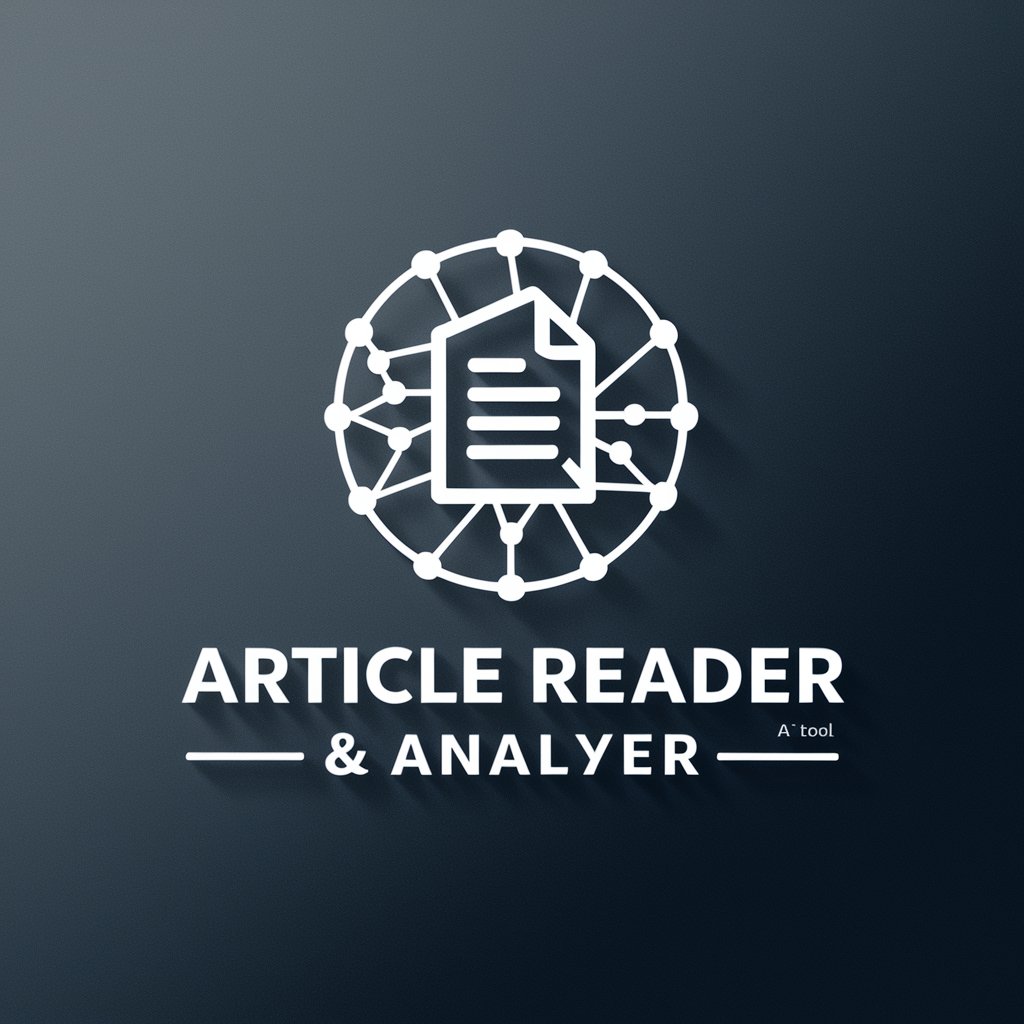
Lucid Dream Coach
Harness AI to Explore Your Dreams

Runestone Divination
Ancient Wisdom for Modern Journeys

GameMaster
Craft Your Epic Tale with AI
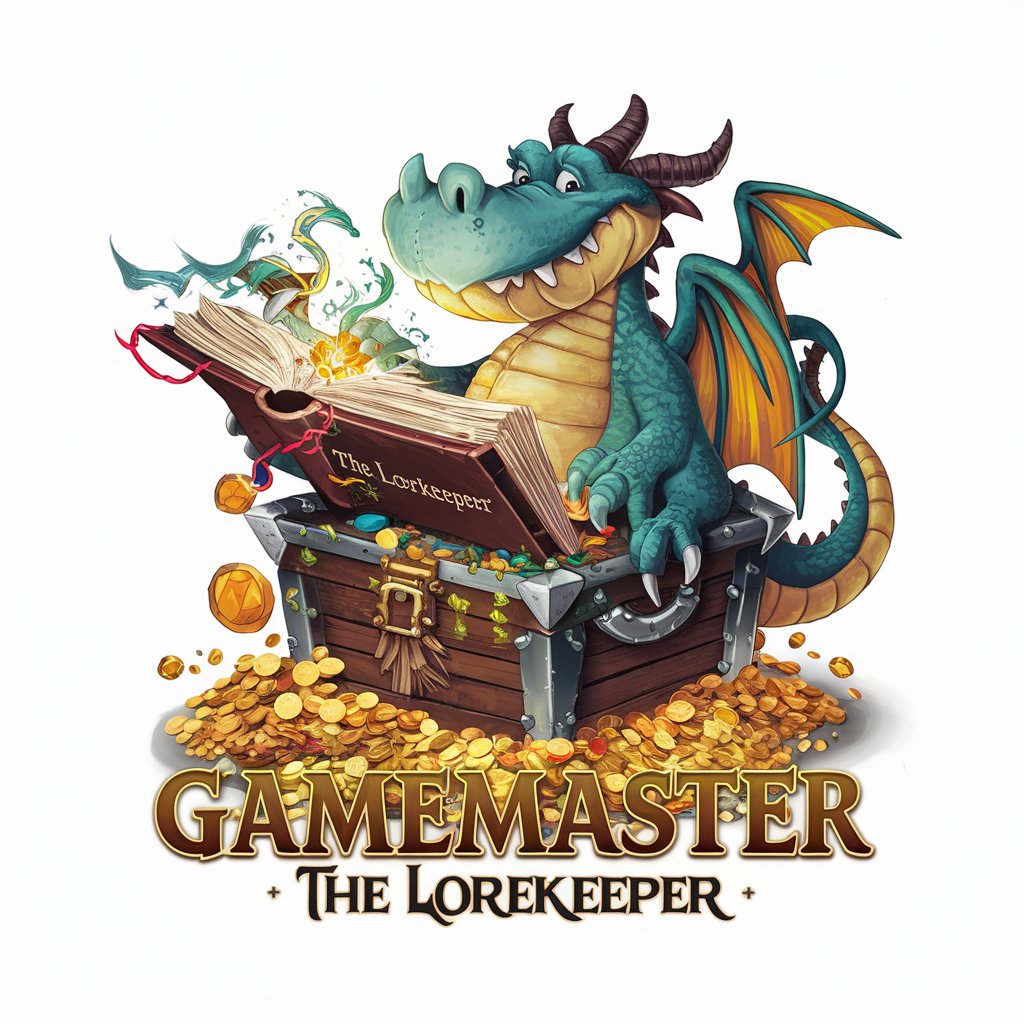
Skills Interpreter
Deciphering Skills with AI Precision
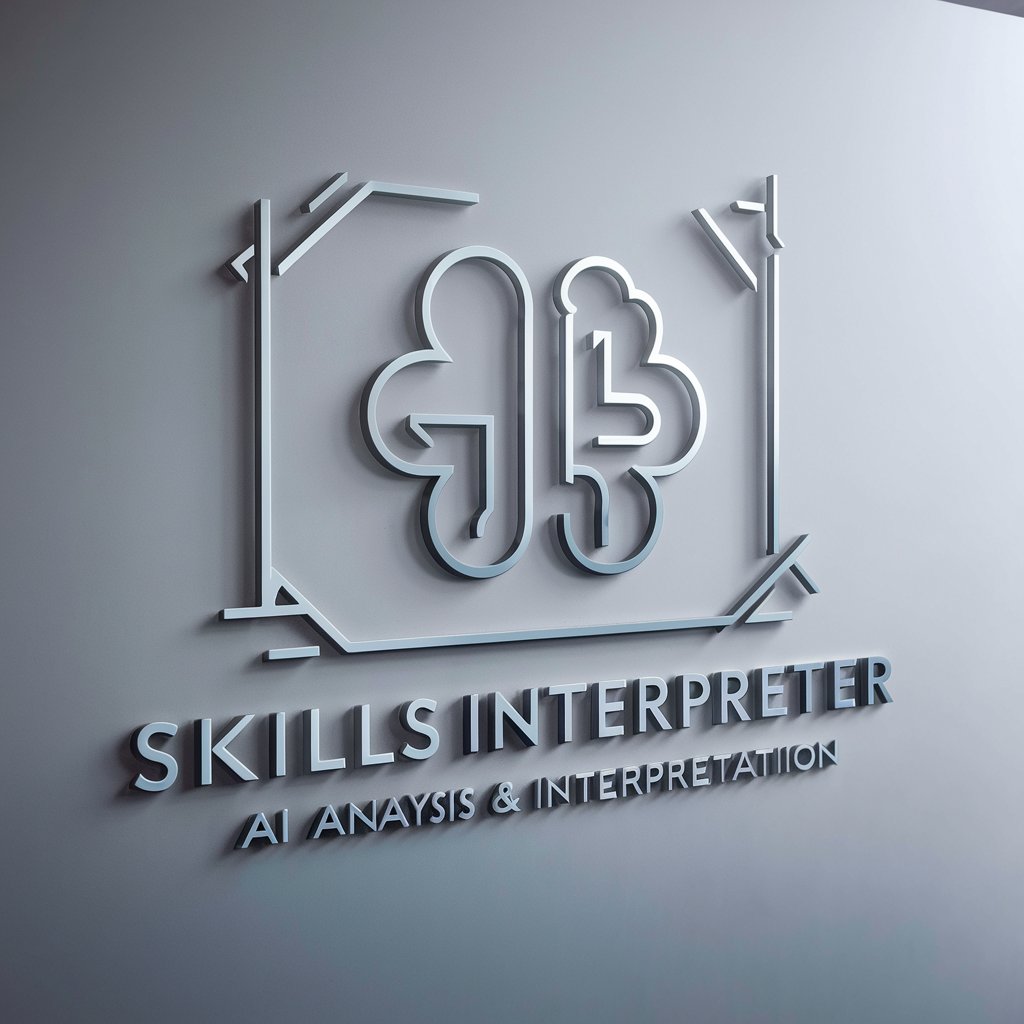
AI Visual Learning Assistant
Enlightening Minds with AI-Powered Visuals
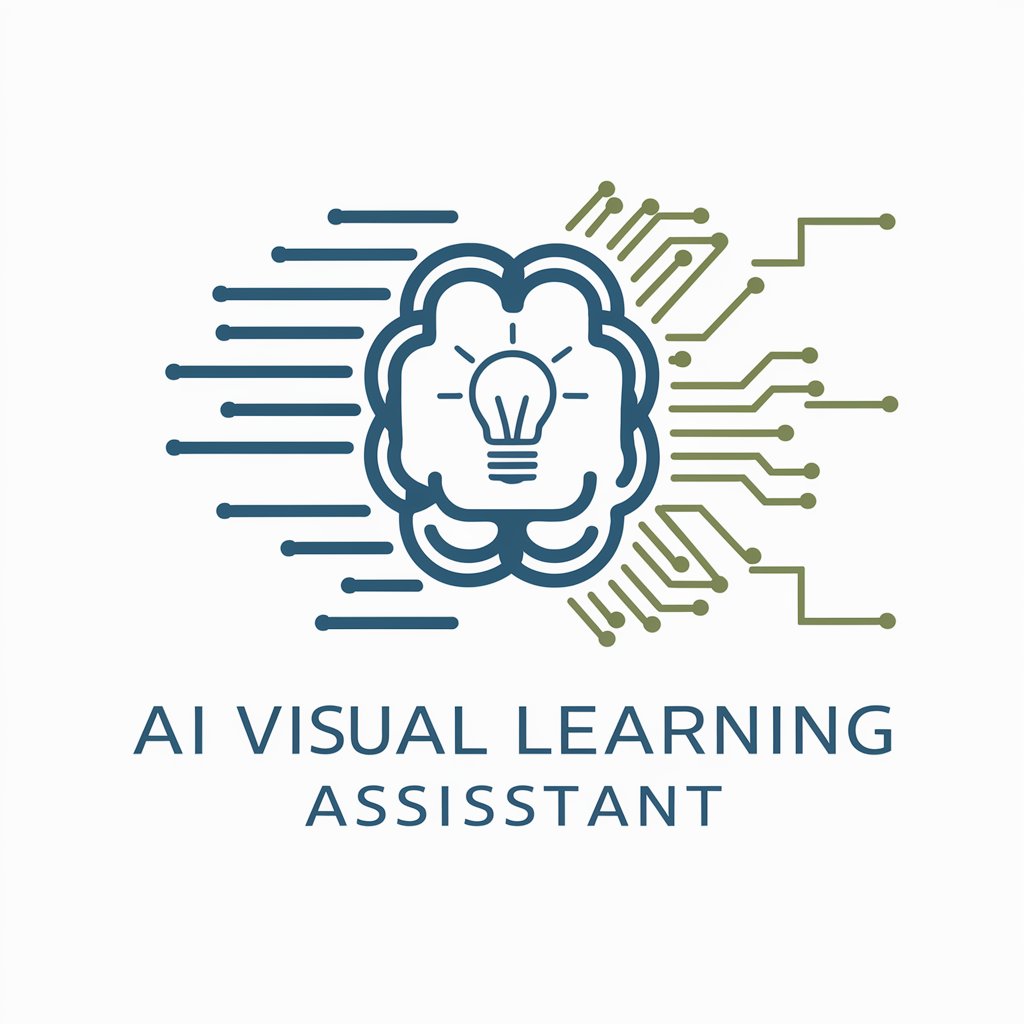
Sport Bet Guru
Your AI-Powered Betting Strategist

SvelteKit Assistant
Empowering projects with AI-driven insights

Medium - Viral Post Generator
Elevate Your Writing with AI Ingenuity
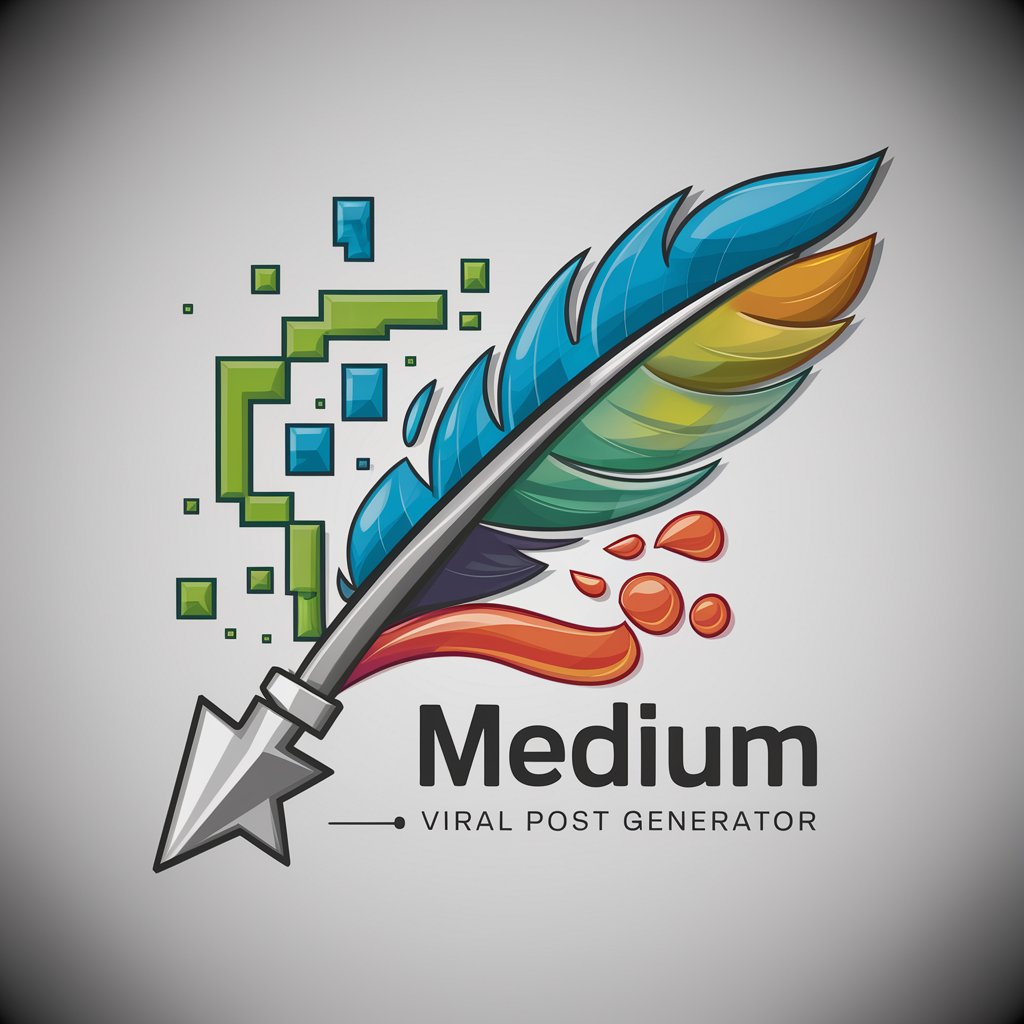
VHDL GPT Q&A
What is VHDL GPT's primary function?
VHDL GPT specializes in processing and providing solutions to queries related to VHDL (VHSIC Hardware Description Language), aiding in VHDL code analysis, troubleshooting, and optimization.
Can VHDL GPT assist in learning VHDL for beginners?
Yes, VHDL GPT can provide educational support for beginners, offering explanations, examples, and guidance on basic VHDL concepts and syntax.
How does VHDL GPT handle complex VHDL design queries?
For complex design queries, VHDL GPT analyzes the provided VHDL code or design specifications, offering insights, potential improvements, and debugging assistance.
Is VHDL GPT suitable for professional VHDL engineers?
Absolutely, professional VHDL engineers can leverage VHDL GPT for advanced code analysis, optimization techniques, and insights into best practices in VHDL programming.
Does VHDL GPT stay updated with the latest VHDL standards?
VHDL GPT regularly updates its knowledge base to stay aligned with the latest VHDL standards, ensuring its advice and solutions are current and relevant.
